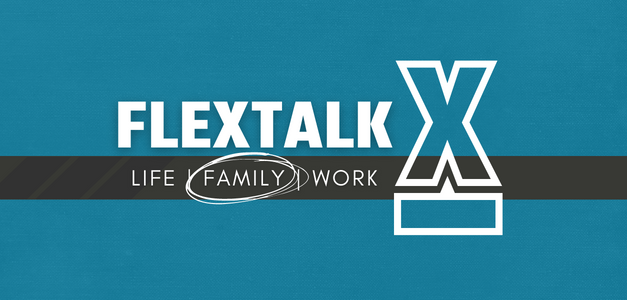Most families discuss vacation plans, holiday traditions, and weekend activities. Few tackle the conversation that matters most for their future security. The estate planning talk families should have often gets postponed until a crisis strikes, leaving loved ones scrambling to understand wishes and locate important documents.
Estate planning provides emotional peace alongside financial protection. Open communication transforms a complex legal process into a family collaboration that strengthens relationships while securing everyone’s future.
Start Early, Start Smart
Major life events create natural opportunities for discussion, and retirement or a significant health change is an ideal starting point. Families who wait too long may face confusion, disputes, and legal battles. Adult children, spouses, and chosen executors need seats at this table. Working with trusted advisors, financial planners, or attorneys ensures everyone receives accurate information from the start.
Essential Topics To Cover
Once you’re ready to sit down with your family, focus on a few areas that form the foundation of your estate plan.
The Basics of Wills and Trusts
Wills and trusts serve different purposes, though many people use the terms interchangeably. A will distributes assets after death and names guardians for minor children. Meanwhile, trusts provide more control over asset distribution and can help families avoid probate court entirely.
Think of a will as basic instructions for your belongings. A trust functions more like a detailed roadmap that guides your family through various scenarios over time.
Health Care Decisions
Advance directives and powers of attorney address situations when you cannot speak for yourself. These documents designate people to make medical and financial decisions on your behalf. Without them, courts decide who gains this authority, potentially choosing someone you would not have selected.
Discuss your values and preferences openly with your family. Some families avoid these conversations, assuming everyone understands their wishes. Clear communication prevents guesswork during emotional times.
Making Conversations Easier
Choose relaxed settings away from distractions. Kitchen table discussions often work better than formal meetings. Share stories about other families’ experiences to explain how estate planning can protect your child’s future and prevent stress later on.
Family members may worry about appearing greedy or morbid when asking about inheritance details, so encourage questions throughout the process. Address these concerns directly by emphasizing that questions show care and responsibility.
Clearing Up Common Myths
Many people believe estate planning only benefits wealthy families. Everyone owns something of value, whether property, savings accounts, or sentimental items. Clear instructions prevent family conflicts over any asset, regardless of dollar value.
Another misconception assumes everything automatically transfers to spouses. In truth, state laws in the US vary, and some assets require specific beneficiary designations to transfer.
Planning Now Creates Peace Later
Families should have the estate planning talk to strengthen bonds while providing security. Families who communicate openly about their plans may end up feeling closer and more confident about their futures.
Take the next step by consulting an estate planning attorney. This conversation is all about smart planning, not morbid thinking. Your family deserves the peace of mind that comes from knowing your wishes and understanding their responsibilities.
- What life event (retirement, health change, marriage, etc.) could be the right moment for your family to begin an estate planning conversation?
- Have you ever assumed a loved one “just knew” your wishes? What could happen if that assumption is wrong in a medical or financial emergency?
- What’s your family’s biggest fear or hesitation when it comes to discussing inheritance and end-of-life planning?
- How might open estate planning conversations strengthen your family rather than create conflict?
- What’s one myth about estate planning you believed before reading this, and how might that myth be holding your family back?


